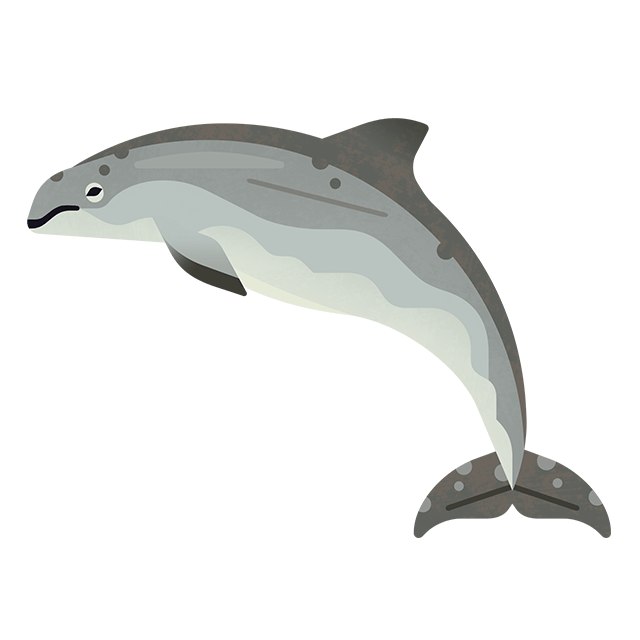
For climate, nature and people: We need action on Marine unProtected Areas
3 minute read
Our Chief Executive, Sandy Luk, highlights the great importance of our seas and why we must take action to turn the fate of England's Marine unProtected Areas around.
During the week that the UK was hit by storms Dudley and Eunice; my sister-in-law, Anna, and I were lucky to enjoy some fun and stunning walks along the North East Fife coast.
On Thursday, a sunny, gusty day, we walked from Tayport to Leuchars along the beach of the Tentsmuir Sands National Nature Reserve. The sea was glittering in so many shades of turquoise, blue and green. We were swept along by swirling, knee-high mini-sandstorms and spent ages watching a lovely colony of grey seals with one pup bobbing in and out of the water. Seals were joined by busy, colourful gaggles of oyster catchers, eider ducks, teal and redshanks. Anna had not really experienced a day like this before and was blown away by the magic, awe and beauty of it.
150km offshore, the Dogger Bank is a large shallow sandbank in the Southern North Sea. Five times the size of the Lake District National Park, it has been designated as a marine protected area (an MPA). It is – or should be – teeming with life. From clams, hermit crabs and starfish to flatfish and sandeels, which are a particularly important prey species for bigger fish, seabirds and harbour porpoise. On top of that, the Dogger Bank MPA has the capacity to store huge amounts of carbon; which is vital for helping combat the effects of climate change.

The seabed of Dogger Bank MPA
Credit: WWF
For most of us it seems pretty obvious that a place that has ‘protected’ status, like the Dogger Bank, should actually be protected. Activities that could damage the precious sandbanks and seabed in the area, like bottom-trawling, simply shouldn’t be allowed to happen.
Yet our experts’ analysis shows that fishing activity in the Dogger Bank has been growing, not shrinking. In fact, the site has experienced more than 5,055 hours of fishing, including bottom trawling, since byelaws were promised at the start of February last year to stop this form of fishing there. We’re still waiting for those byelaws now.
98
%
of UK's offshore seabed MPAs experience fishing activity
6
%
of UK’s seabed MPAs legally ban bottom-towed fishing gear
5,055
hrs
of fishing, including bottom trawling, in Dogger Bank MPA from 2021-22

Support our call for action on Marine unProtected Areas
Show your support for a ban on damaging fishing in England's vital offshore Marine Protected Areas to help protect the seabed and combat the climate crisis.
We simply can’t afford to wait any longer and we need your support to urge the UK Government to act and ban bottom-towed fishing in offshore sites that protect the seabed. Starting NOW, with the UK Government passing the proposed byelaws to protect the Dogger Bank and other English offshore sites.





